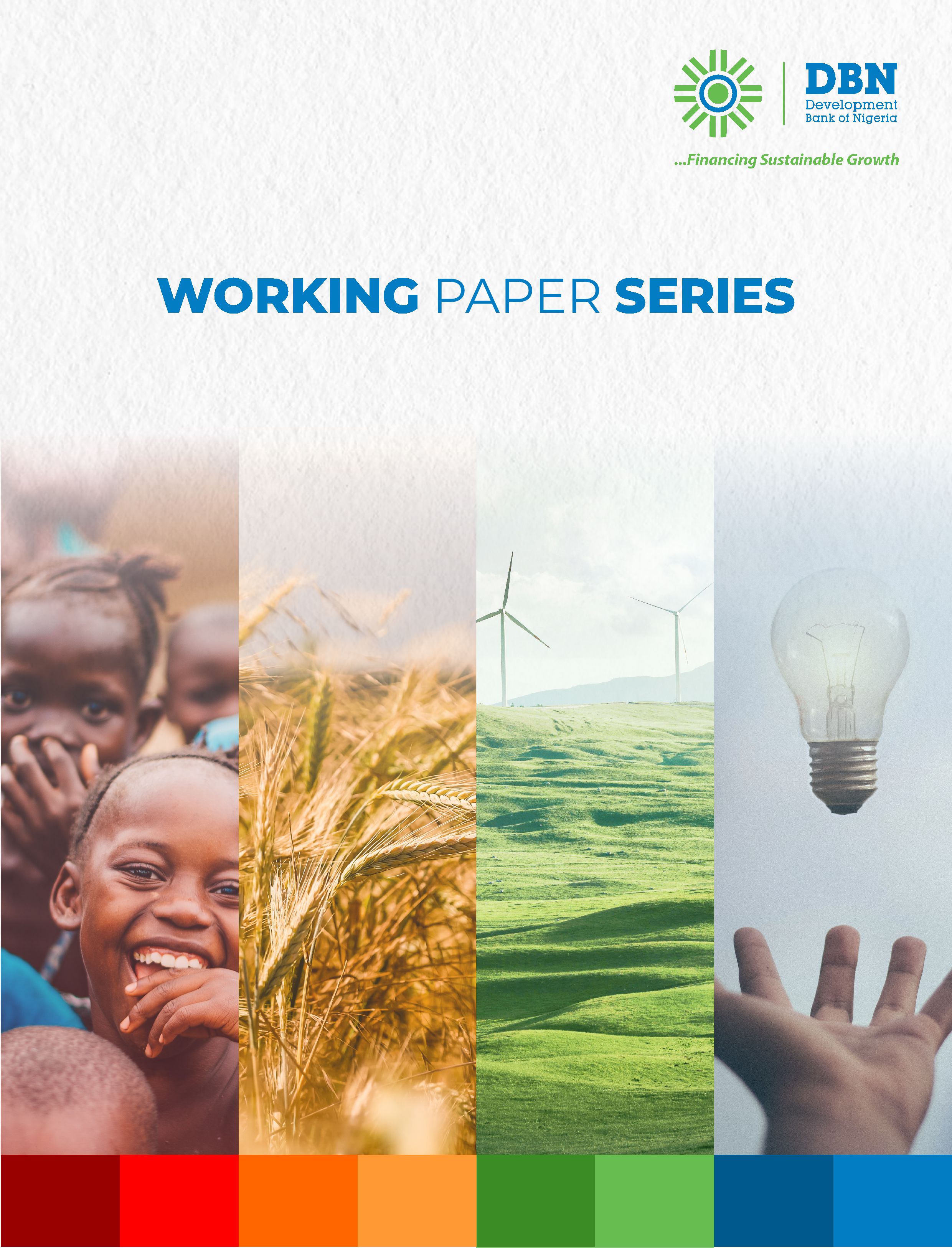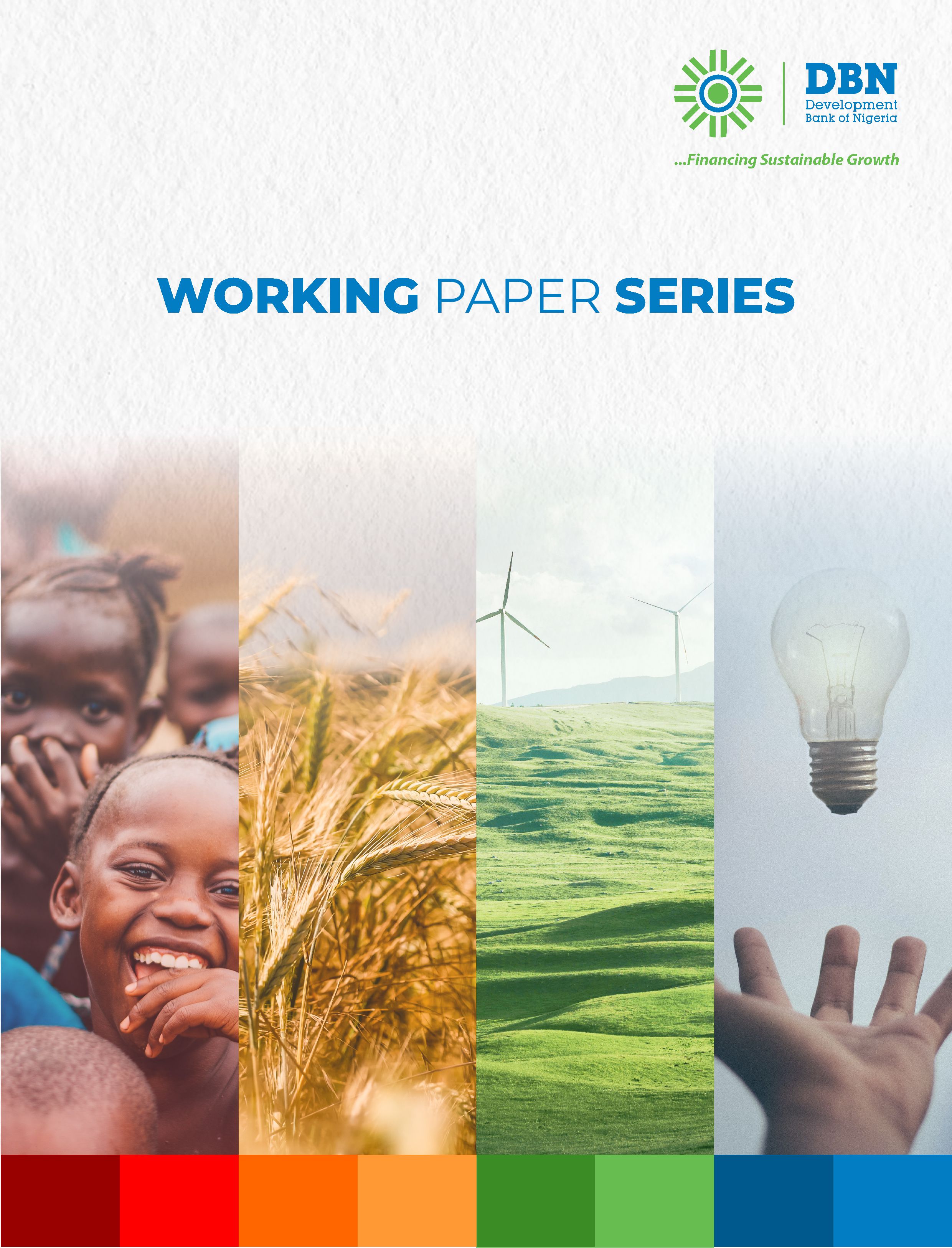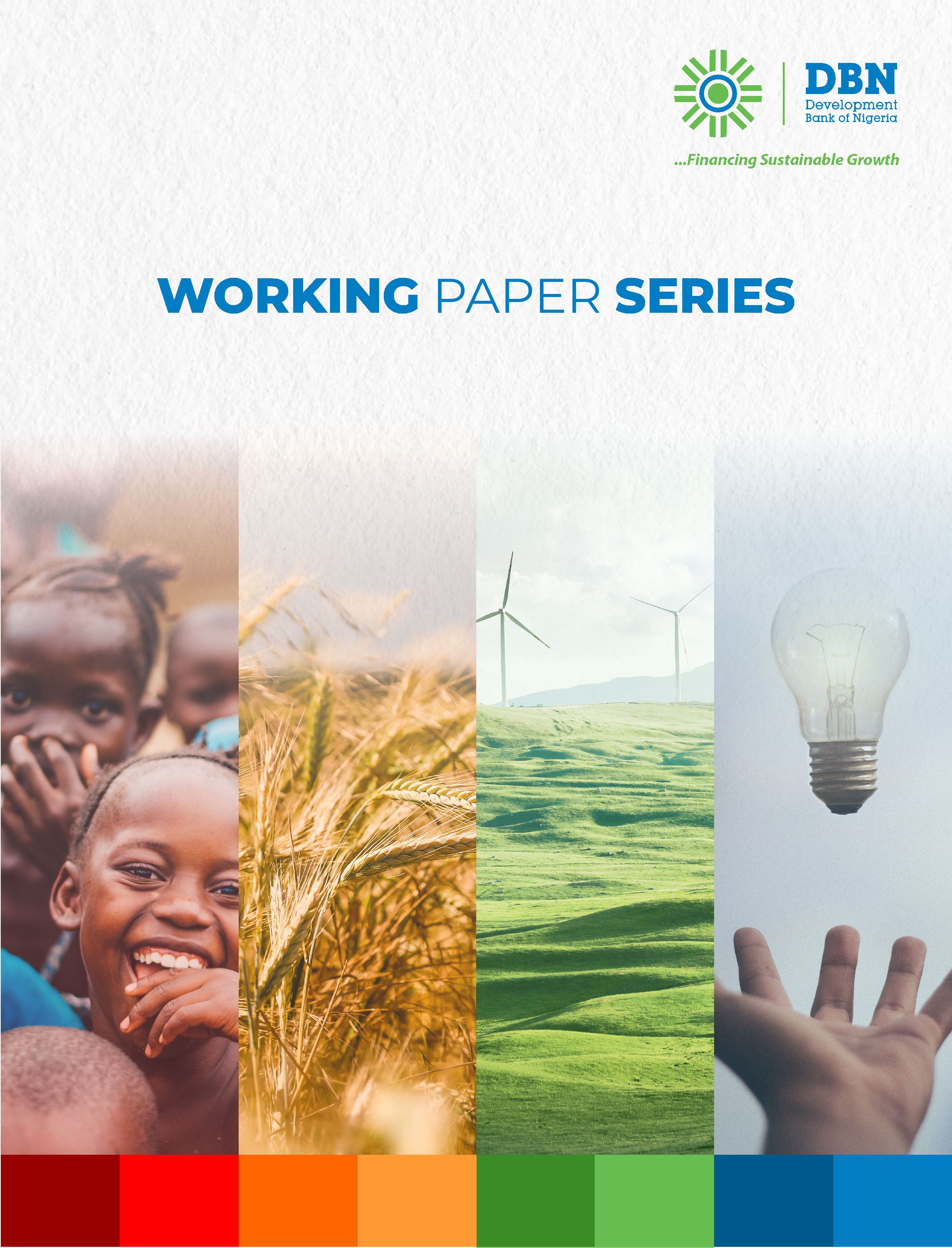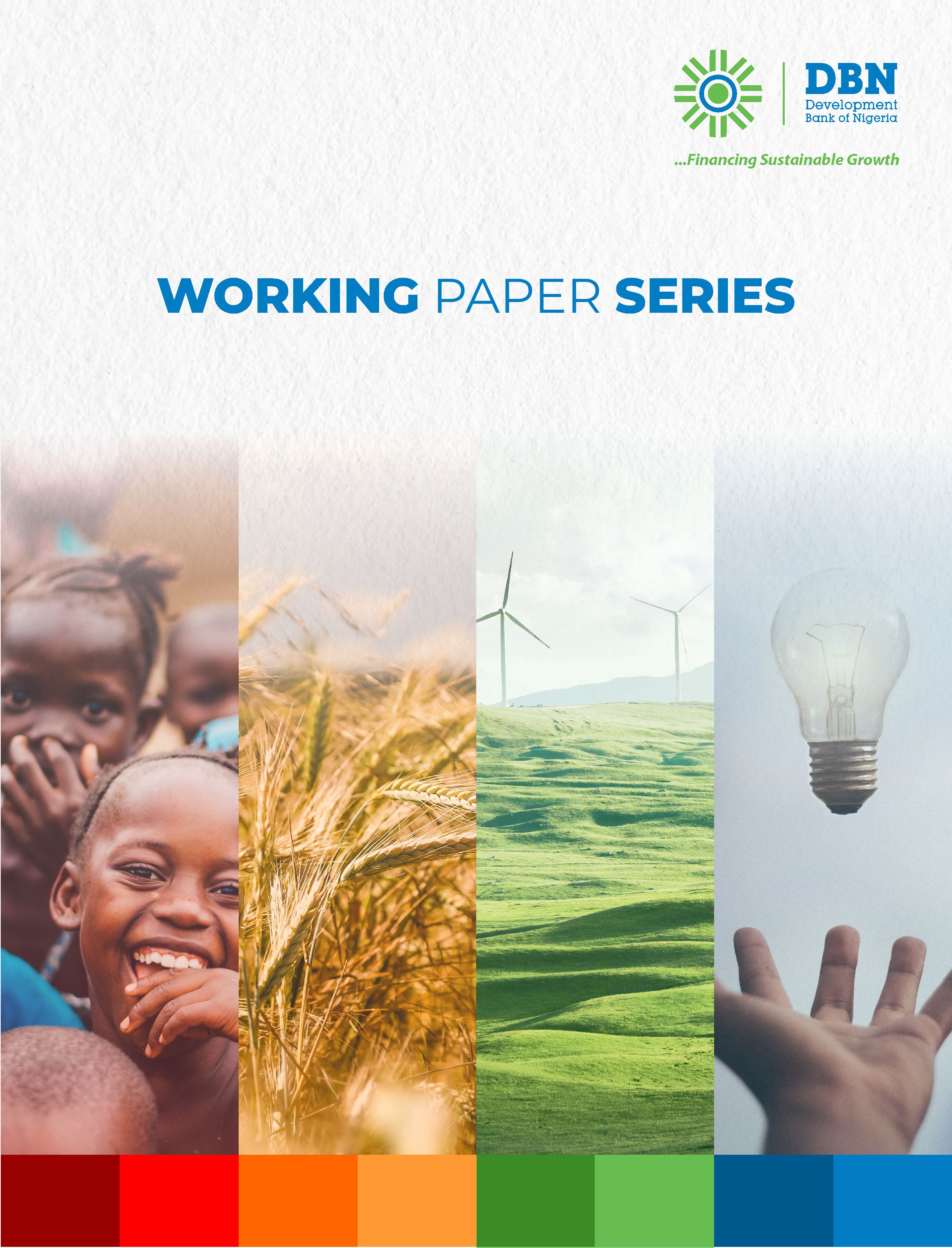
Publication Information
Published by: Admin
Published: 6 months ago
View: 306
Pages: 35
ISBN:
Abstract
This study employs macro-level data from 33 African countries to examine the impact of energy consumption (disaggregated into renewable and non-renewable sources) on income inequality. It further investigates the moderating role of five distinct democracy typologies – liberal, electoral, deliberative, participatory, and egalitarian – within the energy-inequality nexus. Employing the dynamic GMM estimator, the analysis accounts for the persistence of income inequality and mitigates endogeneity concerns. The findings reveal that energy consumption plays a significant role in reducing income inequality across Africa. The interactive analysis also demonstrates that the income-equalising effect of non-renewable energy is particularly pronounced. Moreover, while all democracy typologies amplify the inequality-reducing effect of non-renewable energy, only participatory and egalitarian democracies enhance the impact of renewable energy. These results underscore the nuanced and asymmetric influence of energy types on income distribution in Africa, with non-renewable energy exhibiting more substantial direct and conditional effects. The study concludes by outlining key policy implications to foster equitable growth.
Isaac K. Ofori Mr
Emmanuel Gbolonyo
Samuel Adams
Related Publications

VOLUME 8 ISSUE 2 2025
The Role of Governance in Remittances-Access to Electricity Nexus in sub-Saharan Africa? A Rural-Urban Comparative Analysis

VOLUME 8 ISSUE 2 2025
Access to Finance in the Digital Age: Does Digital Financial Inclusion Promote Financial Development in Emerging Countries?

VOLUME 8 ISSUE 2 2025
Born with a silver spoon but raised as a beggar: Fresh empirical investigations into the resource curse thesis in Africa
